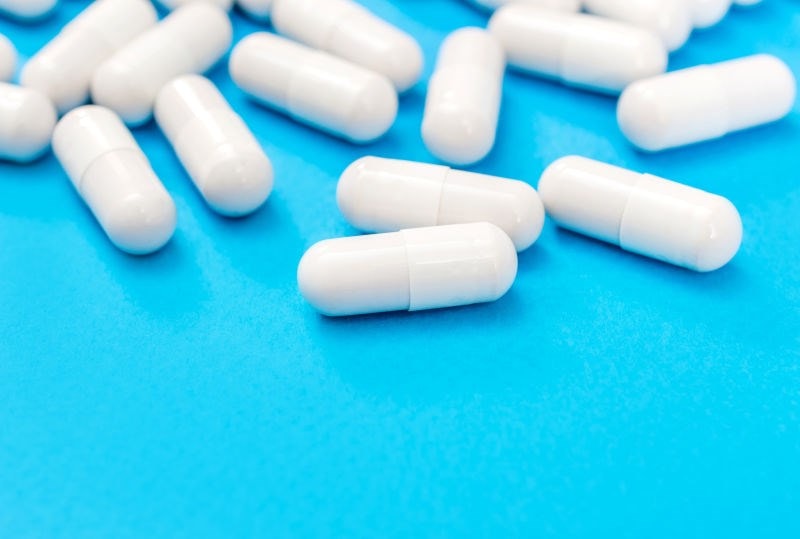Is an addiction to probiotics possible?
There is no known risk of addiction or dependency when taking probiotics. It is safe to take probiotics on a long-term basis without causing dependency or addiction.
The word ‘dependency’ refers to the state of relying on a substance. In some respects, we do rely on our good bacteria, as populations of probiotic bacteria are naturally found in a healthy gut and are believed to have a synergistic relationship with their host. It is also natural for us to consume probiotic bacteria in our diet in fermented foods. We may find that supporting the gut bacteria populations with probiotics and regular consumption of fermented foods may help with our general health and well-being, but this is no different than relying on a healthy diet to help nourish our bodies.#
In terms of becoming addicted to probiotic supplements: the word 'addiction' refers to the state of being physiologically dependent on a substance. Addictive substances change the brain's chemistry. Probiotics are natural food supplements and not medicines or drugs – again, while people may feel better when they take probiotics, they are not chemically addictive!

Some people worry that, when taking food supplements, the body will get used to supplementation and will stop producing its own vitamins and minerals, thereby becoming dependent on the food supplements and needing more in order to properly function. With certain vitamins and digestive enzymes there is an argument that the body will stop producing its own if supplementation continues for a long time. However, the adult body does not produce its own probiotics (rather we form our gut bacteria at a very young age), and hence cannot become dependent on probiotic supplementation. Therefore, many people (especially those of older generations) like to top up the body's good bacteria with a reliable probiotic supplement, just to make sure that the balance of bacteria in the gut is tipped in favour of species considered to be more beneficial.
For further information, see the Probiotics Learning Lab: Is it possible to overdose on probiotics?
Author: Joanna Scott-Lutyens, BA (hons), DipION, Nutritional Therapist.